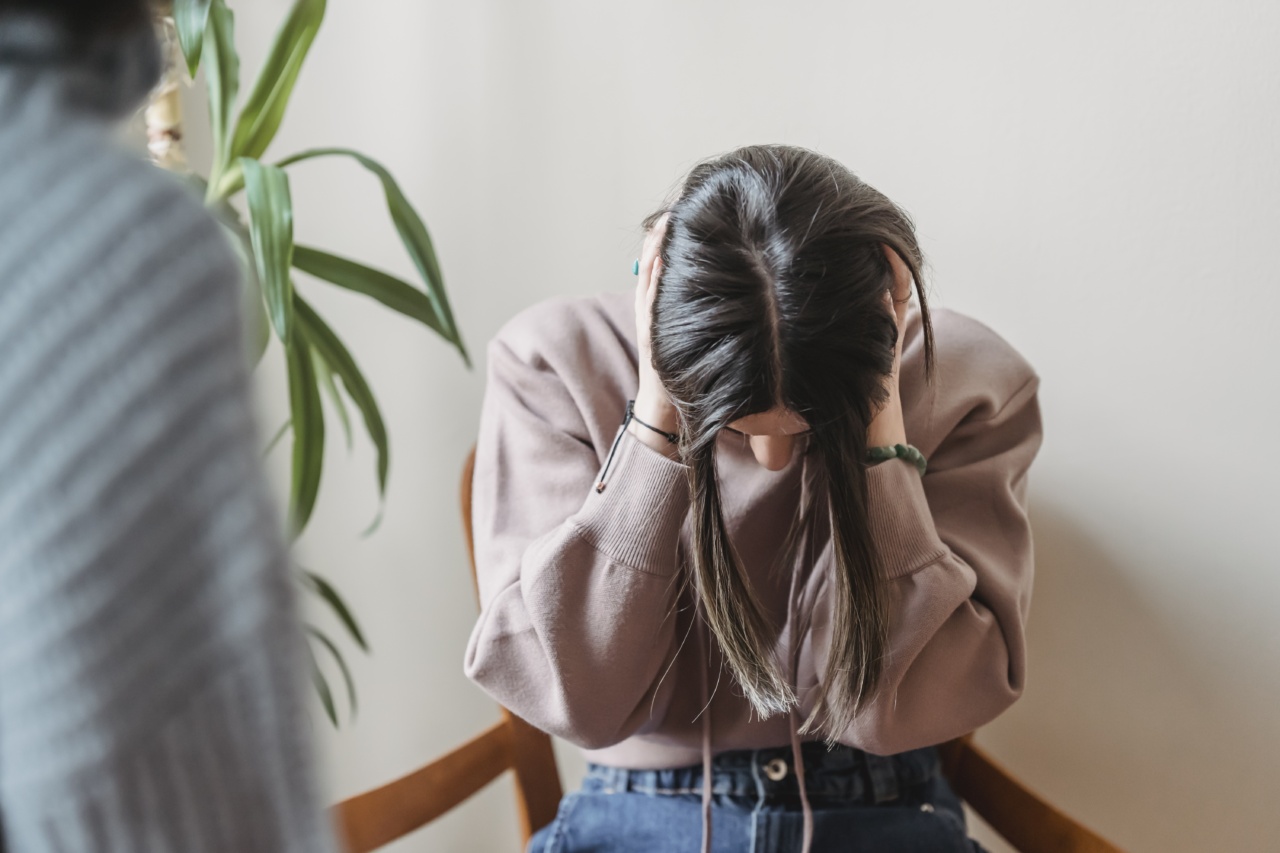While many people believe that acne is caused by poor hygiene or an unhealthy diet, there is another factor that may be to blame: sleep.
The amount and quality of sleep you get can have a significant impact on the health of your skin, and may even be a contributing factor to acne breakouts.
Why Sleep Matters for Your Skin
When you sleep, your body goes through a process of repair and renewal. This includes repairing damage to your skin from factors like sun exposure or pollution, as well as producing new skin cells to keep your skin looking healthy and youthful.
Additionally, when you sleep, your body produces hormones that regulate inflammation in your body. When you don’t get enough sleep, your body produces more of the stress hormone cortisol, which can lead to increased inflammation.
Inflammation is a key factor in many skin conditions, including acne.
The Connection Between Sleep and Acne
Research has shown that there is a strong connection between sleep and acne.
In one study, researchers found that people who slept less than six hours a night were more likely to have moderate to severe acne than those who slept seven to nine hours a night. Another study found that people who reported poor sleep quality had a significantly higher risk of acne.
One possible explanation for this is the impact that sleep has on your body’s circadian rhythm, which is your internal clock that regulates many different processes in your body.
When your circadian rhythm is disrupted by factors like lack of sleep, it can lead to an increase in inflammation, which can trigger acne breakouts.
The Importance of a Good Night’s Sleep
If you’re struggling with acne, it’s important to prioritize getting a good night’s sleep. Here are a few tips to help you get the rest you need:.
- Stick to a regular sleep schedule, even on weekends
- Avoid caffeine and alcohol in the evening
- Create a relaxing sleep environment, with a comfortable mattress and pillows, and a room temperature that’s conducive to sleep
- Avoid exposure to blue light from electronic devices before bed
Fighting Acne While You Sleep
In addition to getting enough sleep, there are a few other steps you can take to help prevent acne:.
- Use a gentle cleanser to remove dirt and oil from your skin before bed
- Avoid touching your face, since this can transfer dirt and oil from your hands to your skin
- Try using a retinoid cream, which can help to unclog pores and reduce inflammation
- Consider using a humidifier, especially during the winter months, to keep your skin hydrated
Conclusion
If you’re struggling with acne, don’t underestimate the power of a good night’s sleep. Prioritizing your sleep can help to regulate inflammation in your body, and reduce your risk of acne breakouts.
In addition to getting enough rest, following a healthy skincare routine can also help to keep your skin clear and healthy.





























